Living in a technologically driven age, it is quite easy to depend on gadgets for safety and security. From surveillance cameras to personal safety apps, modern devices are designed to offer unparalleled convenience and protection. However, technology alone cannot promise safety. Awareness is an often underrated skill, yet one of the most powerful tools you can cultivate in protecting yourself and others.
This blog explores the vital role of situational awareness, how it complements technology, and practical ways to develop it in daily life.
Why Awareness Matters More Than Ever
The rise of smart devices and safety technology has greatly improved personal security. But these tools are not infallible: batteries die, systems fail, and even the best apps can have blind spots. In such situations, your awareness becomes your first line of defense.
Awareness means being there, noticing danger when it may arise, and then making decisions based on what is happening in real-time. Unlike gadgets, it doesn't depend on anything but yourself-it's a skill you carry with you wherever you go.
Understanding Situational Awareness
Situational awareness has three critical elements:
- Perception: To notice what is happening around you and to identify any potential perils.
- Comprehension: Understanding what the observed details mean and recognizing their importance.
- Projection: Projecting what might happen next based on the current situation.
For instance, it may involve seeing a person lingering around an ATM, understanding that they could pose a threat, and leaving or seeking help. All these are situational awareness in action.
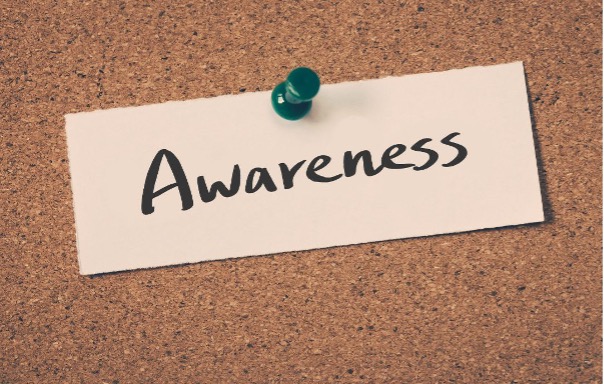
How Awareness Bolsters Safety Technology
The best combination is when awareness and technology come together. While the devices can let you know about certain risks, awareness helps in interpreting them and acting upon those alerts, accordingly.
- Interpreting Alerts: A safety app may intimate you about some unusual activity in your surroundings, but understanding whether or not it is a threat requires critical thinking.
- Not Getting Overly Dependent: Technology can create a sense of false security. Awareness will keep you on your toes even when using gadgets.
- Failure in Technology: If technology fails, then awareness fills the breach, helping to navigate risks and make rapid decisions.

Practical Ways to Cultivate Awareness
Situational awareness is not built overnight. Here are some actionable steps to enhance this important skill:
- Practice Active Observation:
- Pay attention to the details around you: the people, objects, and activities in your environment.
- Use all your senses to gather information, not just sight.
- Minimize Distractions:
- Avoid excessive phone use when in unfamiliar or crowded places.
- Be alert, especially around high-risk areas such as parking lots or public transportation areas.
- Trust Your Instincts: If something feels off, don't ignore it. Often, your gut picks up on subtle cues your mind misses.
- Conduct Mental Rehearsals:
- Imagine various scenarios and consider how you would act in such situations. The exercise will keep you well-prepared and prevent panic in actual situations.
- Learn Basic Self-Defense: Awareness goes hand in hand with self-defense training, thus enabling you to respond aptly in physical attacks.
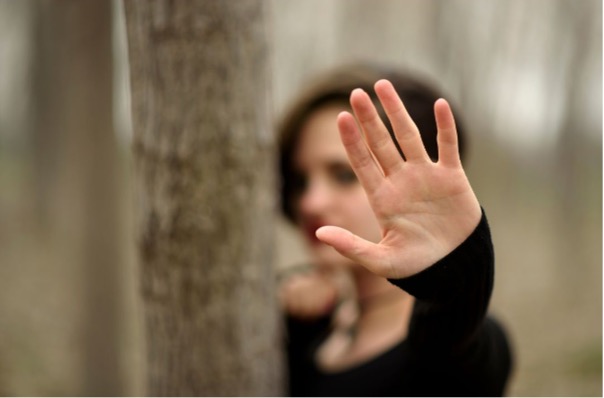
Real-Life Examples of Awareness in Action
Stories of those who, out of instinct, used their awareness to protect themselves are both uplifting and instructive:
- The Commuter's Sixth Sense: A woman realized one evening that a man was following her home from the train station. She trusted her instincts, ducked into a crowded coffee shop, and called the staff for help. It was likely an action that prevented harm.
- The Traveler Abroad: A tourist, while traveling in a foreign country, noticed that someone was watching him too closely at an ATM. He did not withdraw cash and instead left the place to avoid a possible theft.
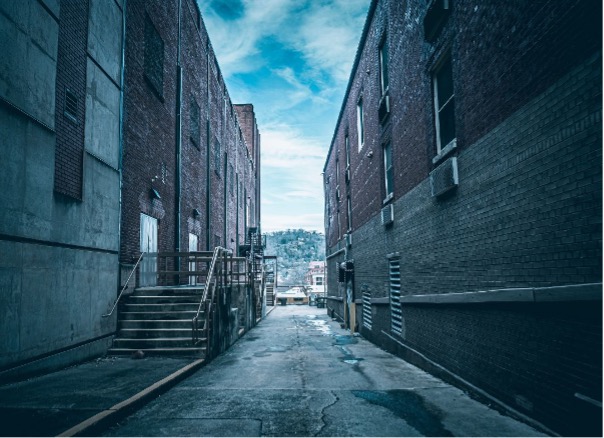
Common Pitfalls to Avoid
Even the most vigilant person may slip into patterns of behavior that compromise their security. Here are common pitfalls and how to avoid them:
- Overconfidence in Familiar Settings: Familiarity breeds complacency. Always stay on your guard, even at those places you visit the most.
- Multitasking While Moving: Texting or listening to music while walking reduces your ability to observe your surroundings.
- Ignoring Warning Signs: Don’t dismiss small anomalies; they often precede larger problems.
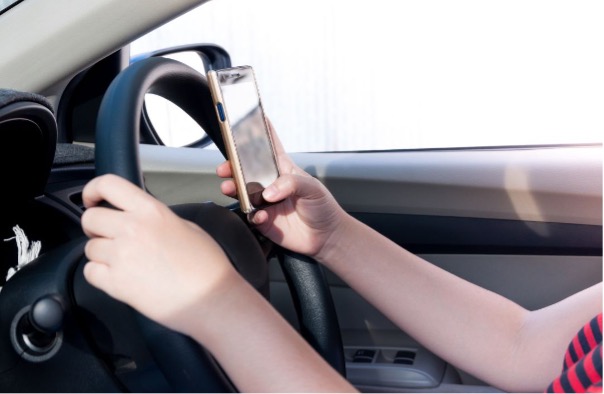
The Role of Community Awareness
Awareness isn't just an individual skill; it's a collective one, too. When communities make safety paramount by being watchful of their surroundings, people are much safer.
- Neighborhood Watch Programs: This includes neighborhood initiatives where residents take care to watch out for and report suspicious activities.
- Public Safety Campaigns: Educational initiatives aimed at teaching citizens to recognize risks and respond properly.
- Social Media Alerts: Neighborhood apps share in real-time information regarding threats.

Awareness in the Digital Space
The need for situational awareness also extends into digital spaces. In these areas, cybercriminals use tactics such as phishing, social engineering, and fake profiles to take advantage of unsuspecting users. Here's how to be alert online:
- Verify Sources: One should always double-check links, emails, and messages before clicking or responding.
- Monitor Privacy Settings: Keep updating your social media privacy settings to ensure you are sharing only the required information.
- Identify Red Flags: Be wary of urgent requests for personal or financial information.
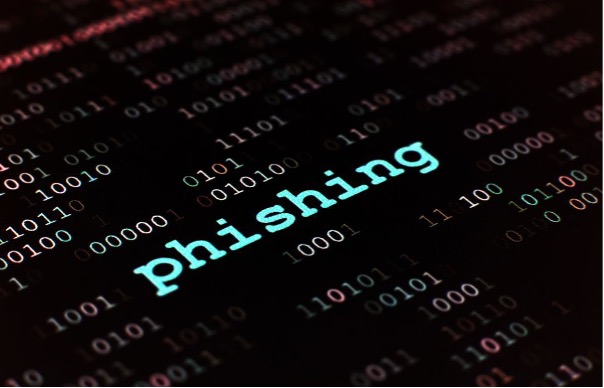
Conclusion: Empower Yourself Through Awareness
Gadgets may make people's lives easier and bring a sense of security; however, they cannot outperform the power of awareness. Only awareness-remaining present, perceiving one's surroundings, and preparing for possible risks-actually puts a person in complete control over their safety in any situation.
It is a technological, transcendental skill that knows no bounds of time-a literally priceless tool. If your vigilance can enable the difference between vulnerability and empowerment, whether it involves exploring a new city, new wilderness territory, or even cyberspace.
So, the next time you think about keeping safe, remember: over and above the gadgets, applications, and software downloads, the best tool for anyone is his or her own awareness.
